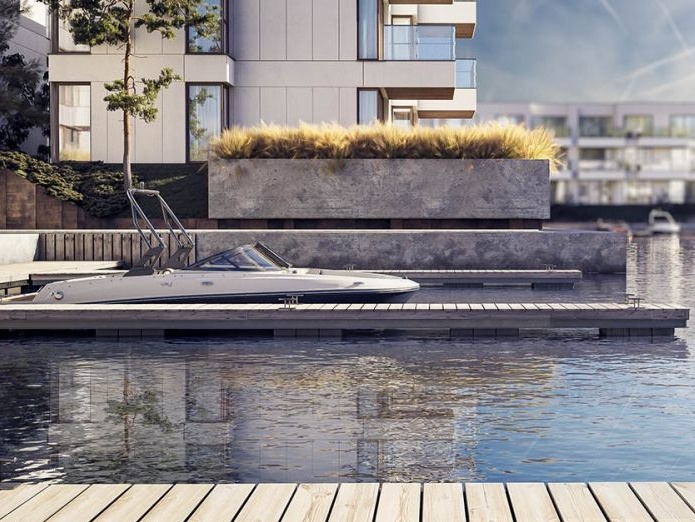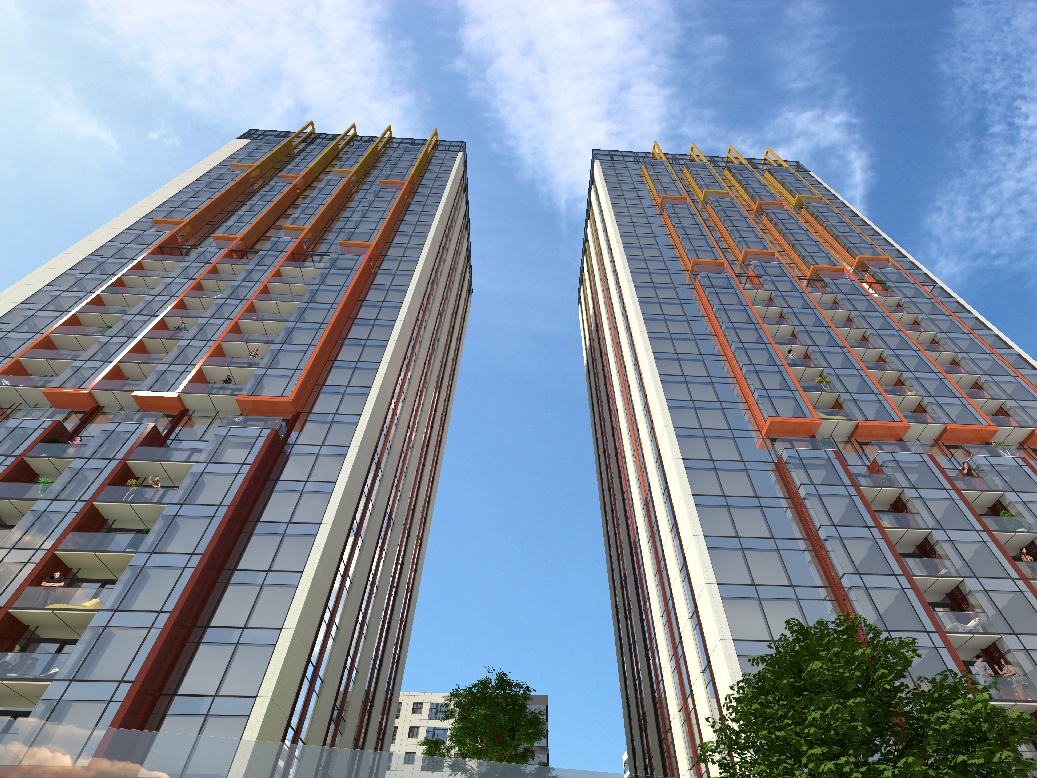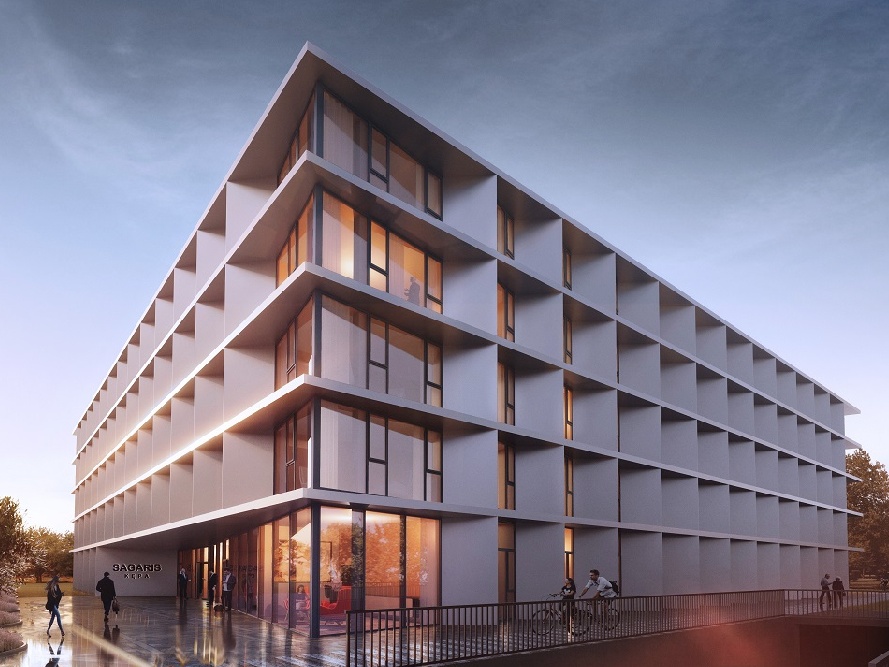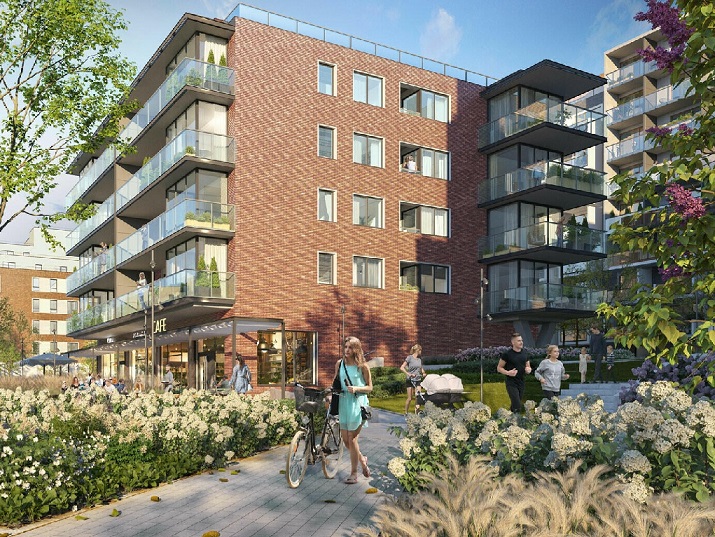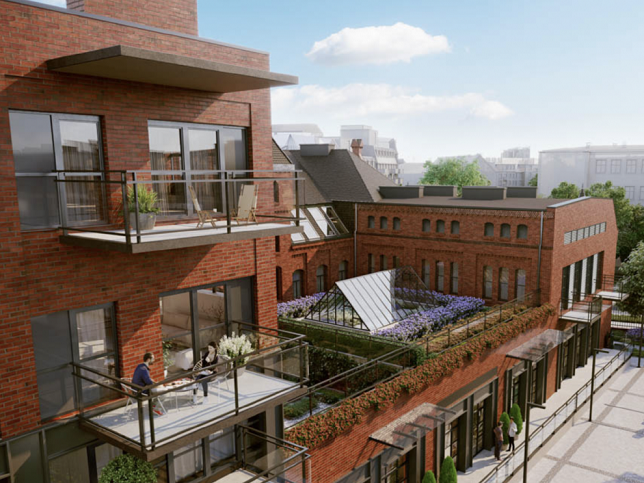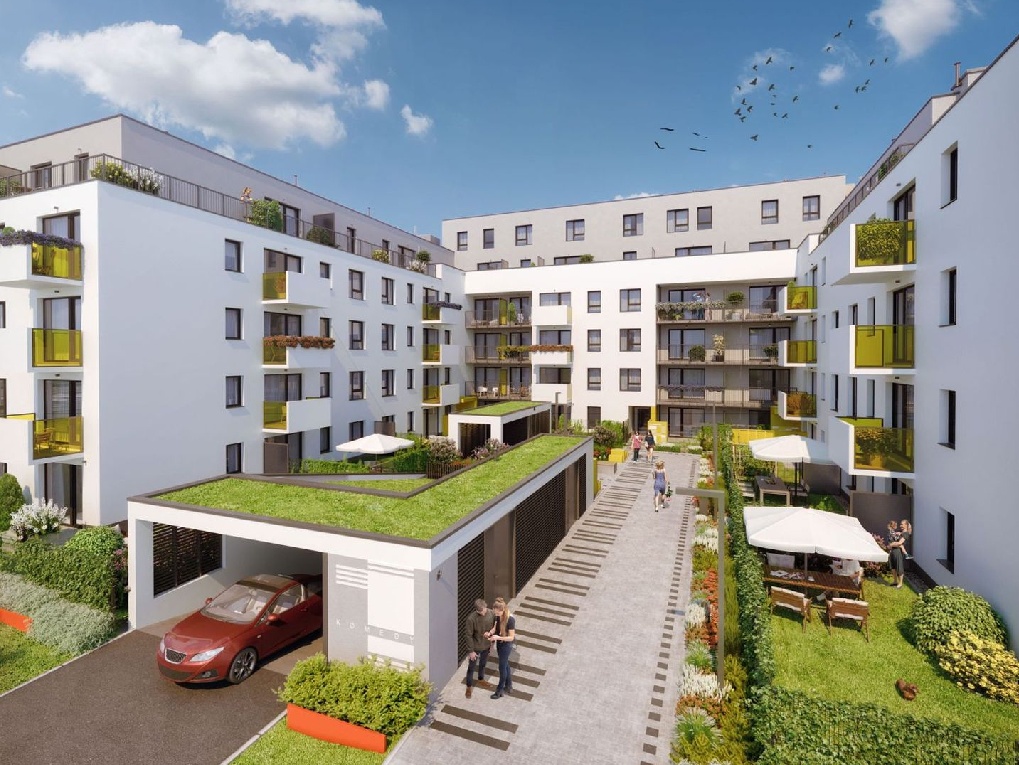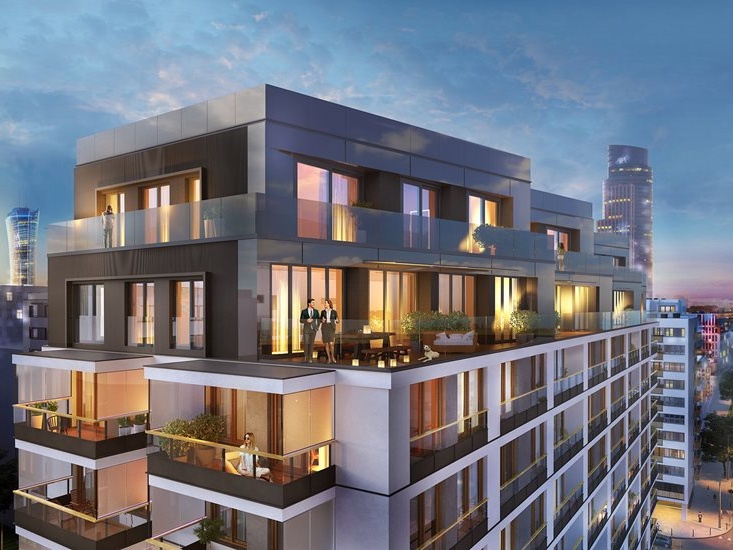PROPERTIES & RESIDENCE
Latvia
By acquiring a property of >250,000 worth
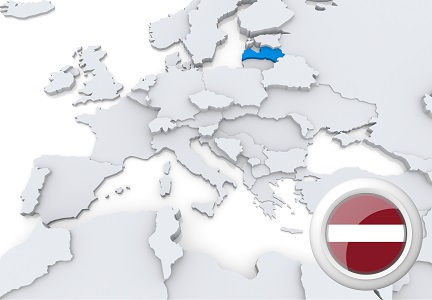
Advantages of obtaining a property in Latvia
- Visa free travel into 179 countries, including US and Canada.
- Long standing partner of NATO, the EU, the EUR Zone Schengen since accession.
- GDP per capita of Latvia is 18,000 USD per year.
While property prices in Latvia are still below 1,000 EUR, new properties in the capital city can cost anywhere from 2,000 to 7,000 EUR/m2. Yields are not particularly high, averaging around 4%, but investing in Riga's Old Town may bring in annual yields of 6-7%.
Despite the pandemic, Latvia's GDP has remained stable and the country's economy is performing well. In fact, it only dropped by 3.5%, which is much better than most West-European countries. Over the last few years, salaries have increased from 600 to 860 EUR.
National debt in Latvia is around 50% of GDP, and tourist numbers are growing steadily. The process of buying real estate in Latvia is simple and regulated, making it a fast process for potential buyers.
Residence permits on the grounds of owning real estate
To obtain a residence permit through investment in Latvian properties, an investment of at least 250,000 EUR is required. It's important to note that agricultural land, woods, and forests cannot be purchased for this purpose. Additionally, each property acquired must be valued at a minimum of 80,000 EUR, with a 5% state tax and a 2% state duty added. Dependents such as spouses, minor children, and parents can also be granted residence permits.
The residence permit is initially granted for a period of 5 years, and must be renewed annually thereafter.
Residence permits on the grounds of company formation
Obtaining a residence permit through company formation is not recommended for taxation reasons, especially if you are already applying for a residence permit through property purchase.
Taxes & Rental income tax
Dual citizenship is allowed, but global income is subject to taxation. The personal income tax rate is 31%, the corporate income tax rate is 20%, and the value-added tax (VAT) is 20%. Social security tax is 35.09%, and taxes are levied on worldwide income.
The cost of purchasing real estate is relatively low, with affordable buy-sell costs. New builds are subject to a 21% VAT, while older buildings incur a 2% stamp duty and 0.5% notary fee. The sales party pays a 3% tax.
There are no inheritance, city, or wealth taxes, and capital gains tax (CGT) rates range from 20% (up to 20,004 EUR) to 31% (above 64,000 EUR), with generous deductions allowed. Alternatively, a flat fee tax of 10% is available, with no deductions.
Property taxes are higher than in Lithuania or Estonia, but lower than in Western Europe.
Which residence permits offer a path to permanent residency and citizenship?
To clarify, in Latvia, you can apply for citizenship after holding a permanent residence permit for five years, but you are required to have actually resided in the country for a total of at least ten years. The residence permits that can lead to permanent residency and citizenship in Latvia include, but are not limited to, employment, studies, investment, family reunification, and refugee status.
Restrictions & Challenges
- A 21% VAT rate is applied to new builds in Latvia's real estate market.
- The population of Riga and Latvia has been decreasing, which may not be a positive indicator for investing in the real estate market. This trend is different from the other Baltic capitals of Vilnius and Tallinn.
- Foreign buyers account for up to 70% of real estate purchases in Riga, which may pose a risk of market depression if they liquidate their investments.
- Latvia's unemployment rate is relatively high.
Latvia
Latvian ecosystem is small, yet vibrant, it consists of highly motivated multilingual (often with at least 3 languages or more) talented people of various age and backgrounds. The startup environment is dynamic and rapidly growing. To nurture this growth, all important stakeholders have joined hands together.
Latvian startup infrastructure consists of 400+ registered startups, a pool of institutional investors and business angels, a diverse range of modern co-working spaces, dozens of business incubators fuelled by the government, academia and private individuals, as well as full of exciting gatherings, productive conferences, hackathons and meetups. The capital city Riga hosts numerous annual Tech & Innovation conferences: the iNovuss, Deep Tech Atelier, Riga Tech Girls, TechChill and others. Moreover, a unique Startup Law has been passed and Startup Visa, officially - temporary residence permit, has been created in order to make Latvian startup ecosystem even more vibrant and productive.
Current OpportunitiesGrowth And Business Advantages
As European Union is starting to get back on track after the pandemic and economic forecast by European Commission is also becoming more optimistic. Latvian indicators in this forecast are not the exception. In this briefing, figures provided by the EC Spring 2021 Economic Forecast are analysed. Also, the financial sector is playing a big role in the recovery of the country after the pandemic, so understanding the trajectory of its development is essential. Considering that the financial sector in Latvia is one of the most developed areas in the country, the issue of faster and more efficient improvement remains even more acute.
The Latvian economy will grow by 3.5% this year (GDP growth) and consumption are going to return to the pre-Covid level, additional stimulus to the economy will be provided by an increase in investment, including due to a significant inflow of European Union (EU) funding.[ii] In 2021 Latvia’s state support for entrepreneurs and households has significantly increased compared to 2020, while the state budget deficit is growing accordingly. The budget deficit reached 4.5% of the GDP in 2020, but this year it is already forecasted at 7.3%. In turn, the EC forecasts that next year the Latvian GDP will grow by 6% and the budget deficit will be reduced to 2%.
Consumer price inflation was lowered in 2020, displaying decreasing energy prices and low service prices, because of the low demand. More expensive energy and service prices over the projection period are set to raise headline inflation to 1,7% in the current year and 2% in 2022.
Latvian government has particular interest and determination in boosting the development of startup environment, therefore, the support is provided at various stages: ideation & conceptualization, initiation, development and expansion. No matter what stage you have reached – there is a support mechanism just for you! And it is implemented and delivered through Magnetic Latvia Startup.
Startup Law
The Law creates a favorable tax regime for startups. The law foresees two benefit scenarios: 1) a special flat tax regime, currently 340,90 euros/month per employee, regardless of salary paid, combined with the 0% individual income tax rate, or 2) 45% co-financing for the highly qualified specialists.
Startup Visa
Startup visa, officially - a temporary residence permit, is offered to all non-EU startup founders who are willing to come and develop their startup ideas in Latvia. One startup can have up to 5 founders with a startup visa. The application process takes one month. The visa is given for the period of maximum 3 years and it is also issued to the spouse and children.
Innovation Vouchers
Innovation voucher program is aimed for any-size businesses that develop new products or technologies. The R&D actions supported by the program are the development of a new product or technology, the strengthening of industrial property rights and the certification and testing of new product or technology. Innovation vouchers are up to 85% co-financed in the amount of 25 000 EUR.
Science Commercialization
The Investment and Development Agency of Latvia provides support to public research organizations for commercialization of research results. Among supported activities are: carrying out a feasibility study, preparation of a commercialization strategy, industrial research, experimental development, participation in international exhibitions, contact exchanges, conferences (seminars) abroad, individual visits and participation in national booths and trade missions, preparation of commercialization offers, attraction of experts and other activities.
Business Incubators
There are 13 LIAA incubators throughout the whole Latvia that support the necessary environment for the set up and development of business by offering training, mentor support and grants, and organizing events on general business issues.
Acceleration Funds
In 2017, the government made a special EUR 15 million acceleration fund (allocated by the European Regional Development Fund during the planning period of EU structural funds 2014-2020) available through ALTUM to support Latvia-based early-stage startups. The fund was then equally divided after a public procurement between three professional funds: Buildit focusing on hardware and the internet of things startups, Commercialization Reactor focusing on deep-tech startups, Overkill Ventures focusing on B2B software startups. There is one more acceleration fund in Latvia - Startup Wise Guys, focusing on B2B Fintech startups.
Real Estate Trends
The Latvian real estate market has experienced a significant drop in prices for top-tier properties, largely due to a decrease in Russian buyers. Previously, Latvia was a popular destination for Russians seeking real estate investments, with a quarter of the country's population being ethnic Russians. However, changes to residency laws have made it more difficult for Russians to invest in Latvia, leading to a decrease in demand for luxury properties in the capital, Riga, and the coastal town of Jurmala. Russian oligarchs, politicians, entrepreneurs, and mafiosi were among those who invested big money in luxury real estate in Jurmala, but the market has now slowed down considerably. Although Russian clients still view properties, transactions are very rare, leading to a drop in prices by 20-30% for top-tier properties. The Financial Times reports that demand for real estate has dropped by 90%, and it is unclear whether bargain purchases will become available on the market or whether Russian demand for luxury real estate will rebound.
-
-
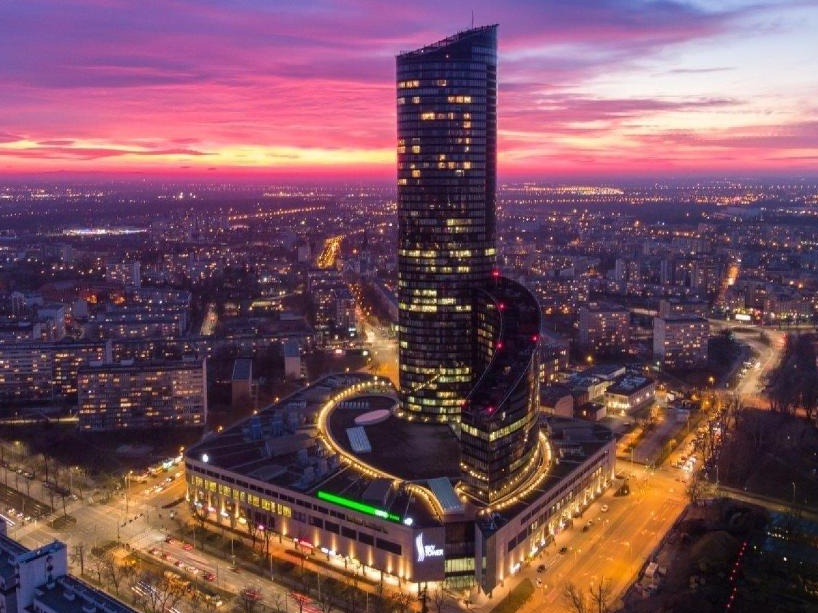
Poland > Wroclaw — Sky Tower 48F
Wroclaw
Poland > Warsaw — Moxo House
Warsaw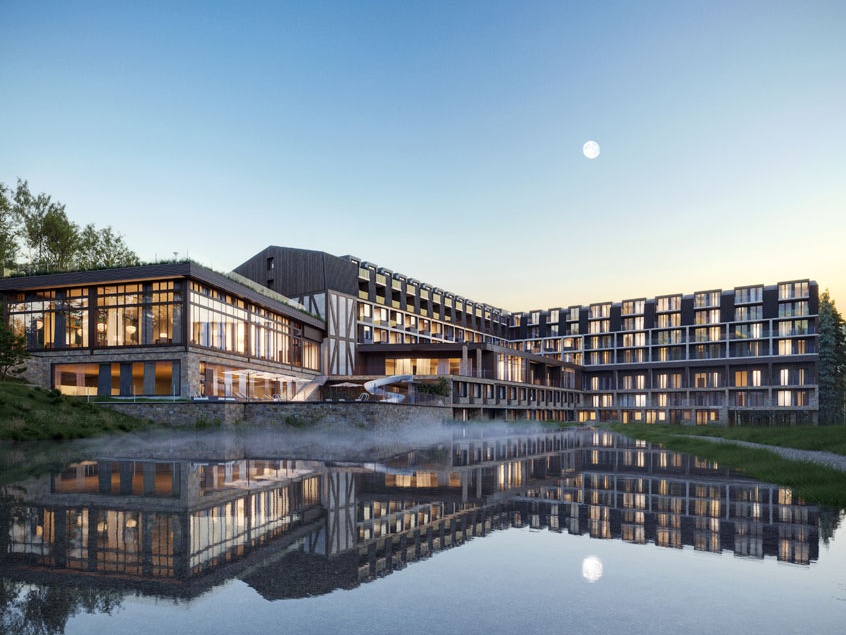
Poland > Giant Mountains — Passive Income on Rental
Szklarska Poreba